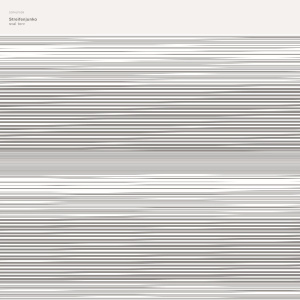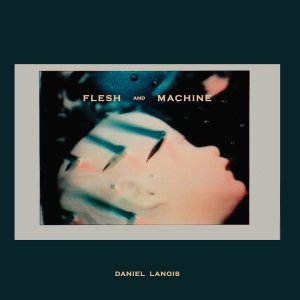Who are you today?
Who?
Yes, that is right. I asked who and not how.
“How are you today” seems to me to be one of the most useless questions i know.
What choices do you have to answer?
“Thanks, I’m fine.” Just answering to brush the question of like some dust that happened to land on your jacket.
Or you can answer how you actually feel. But that might take too long time for anyone to listen to. Most people are not really interested. In most cases whatever you say does not change anything anyway.
According to rumor there is a tribe somewhere in Africa where they greet each other:
„How is the space between us today?“
That makes some kind of sense to me. The question also includes the one asking. That also makes sense to me. How I am feeling might change with whom is the asking.
Today, the space between me and myself is rather good.
We are almost one. Still we are at least two.
How many me`s is there inside of a me?
Are they individual me`s or just graded variations?
What is me and what is not me?
Do I have enemies of me inside of me?
Who are you?
I am watching you pointing at to those who love or have loved you as the answer to the question i am asking.
I am watching you looking at your loved ones as one creature instead of individual creatures. One big ball of a creature with everchanging faces and bodies. Sometimes different faces melt into one creating a loved one you have never been with in person. One person taking over where another one ends. Sometimes they fall in love with each other as well. Sometimes they let you in. Sometime they leave you outside to watch.
I am watching how the ages of your loved ones change. I am watching how they talk to you, how you sometimes are making the same moves, yet they answer you differently, and so the game changes. And sometime you communicate differently to them, but still the answers they give you are mostly the same.
You go in and out of love like in and out of a room. Or like you go in and out of the many faces and bodies of music.
Where does love stop and begin?
When does music start and stop?
Does the music start when it starts?
Does it start when you start to wish for the music?
Or does the music really start when you begin to remember it even when it is not playing?
Sometime you say that the biggest problem we have with music today is that it is so easy to listen to that we mostly forget to listen to it in our minds. That we hardly ever have to go hungry for music. There is music everywhere. We have to shut it out. We don’t get to listen to the music inside us. We do not spend time making that meeting with the inner and outer music. On the other hand: we have to seek silence actively if we want it. Not to play that record, however nice it is. Not to listen to that audiobook, no matter how fitting the voice reading it is.
I see you walking with your lovers hand in hand. Sometimes you are in the middle, sometimes you are on the side. I see the some people ignoring the three of you, but also that some people smiles longingly at you as if it is their dreams you are taking for a walk.
Its like music you say: i listen to different music. One music does not exclude the other. Blues does not exclude ambient. Rock does not exclude jazz. Red does not exclude black. You do not exclude him or her. And so on and so forth.
I started by asking who are you today, did you answer? I do not remember. I will ask again.
Who are you today?
Answer as you like. Yourself or somebody else? Patti Smith or Robert Mapplethorpe? One or many?
Who are you today?
I will watch you as you search for the answer.
Will you go deep inside and take a look?
Or will you just take a the first one surfacing?
Who are you today?
Who?
*
Todays song:
The Moon Is A Harsh Mistress – Radka Toneff
*
Written with
Eraldo Bernocchi & Harold Budd – Music For ‚Fragments From The Inside‘ (2005)
on repeat, every composition played three times, before moving on.

